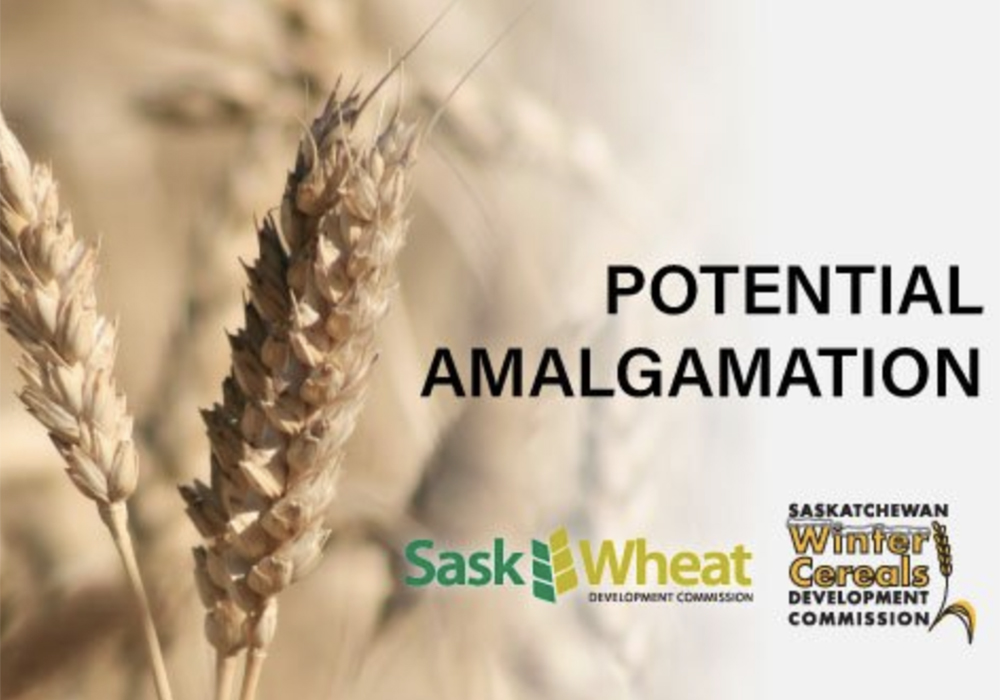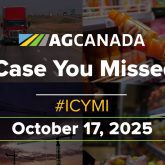The next step in the amalgamation of two Saskatchewan crop commissions has begun.
Sask Wheat and the Saskatchewan Winter Cereals Development Commission are holding another round of online consultations on the potential amalgamation, as they promised last summer.
The two commissions have carried out previous online consultations and found overwhelming support for the merger. After the new round of consultations, a formal proposal is expected and each commission is expected to vote on it at their January annual meetings.
Read Also

Feds propose overhaul of chronic wasting disease control program
Chronic Wasting disease control program getting updated by Canadian Food Inspection Agency with feedback encouraged from producers.
The new consultation document suggests that Sask Wheat will take over the SWCDC’s mandate for winter wheat, fall rye and winter triticale. This includes research, advocacy, market development, grower relations and communications.
SWCDC chair Brad White told farmers at the Sask Wheat semi-annual meeting last June that there weren’t enough check-off dollars to maintain strong research and advocacy programs.
As well, winter cereal check-off funds were lost when winter wheat was sold as feed and blended with spring wheat. Those funds went to Sask Wheat.
If the merger is approved the amalgamation would take effect Aug. 1, 2023.
The link for the consultations can be found on the Sask Wheat and SWCDC websites until Dec. 11.
Contact karen.briere@producer.com
















